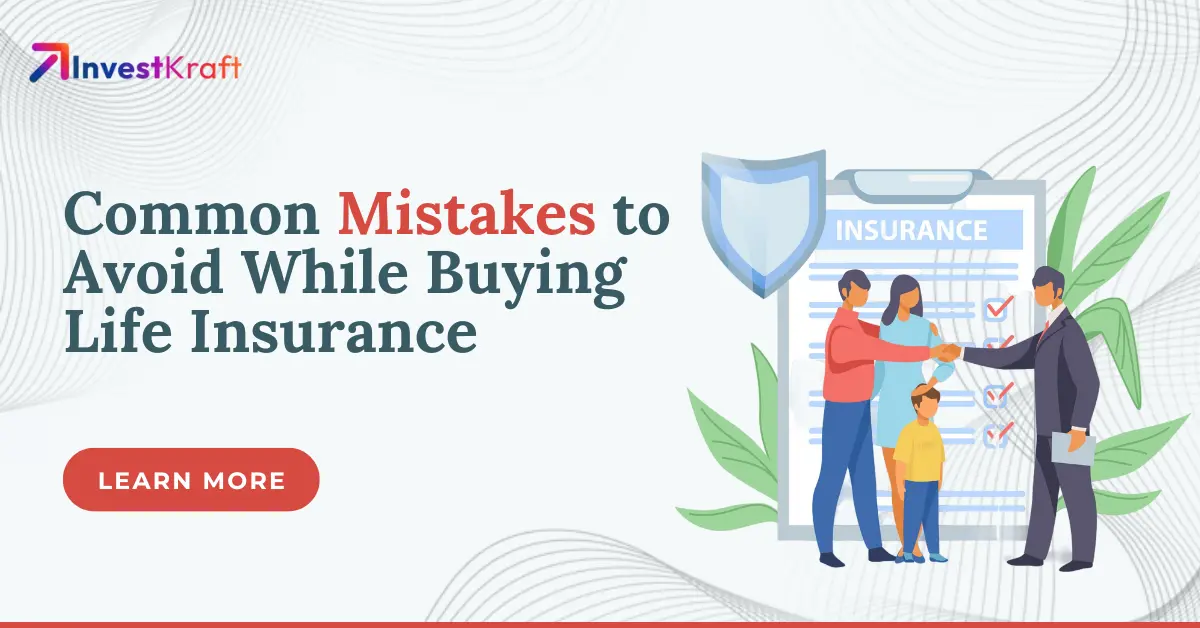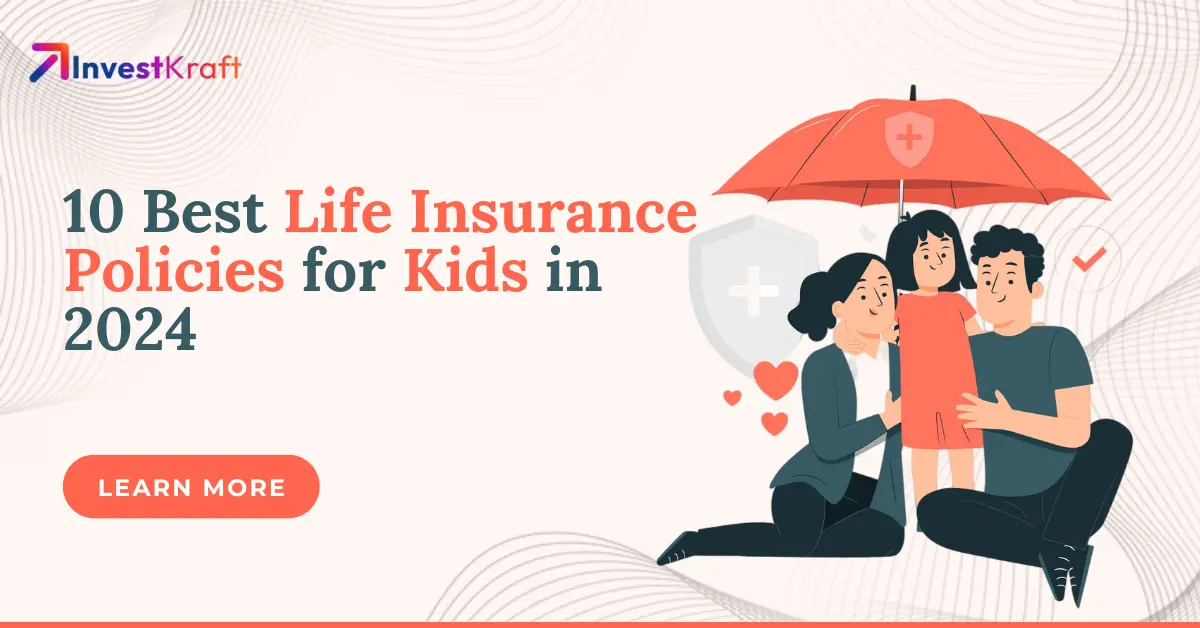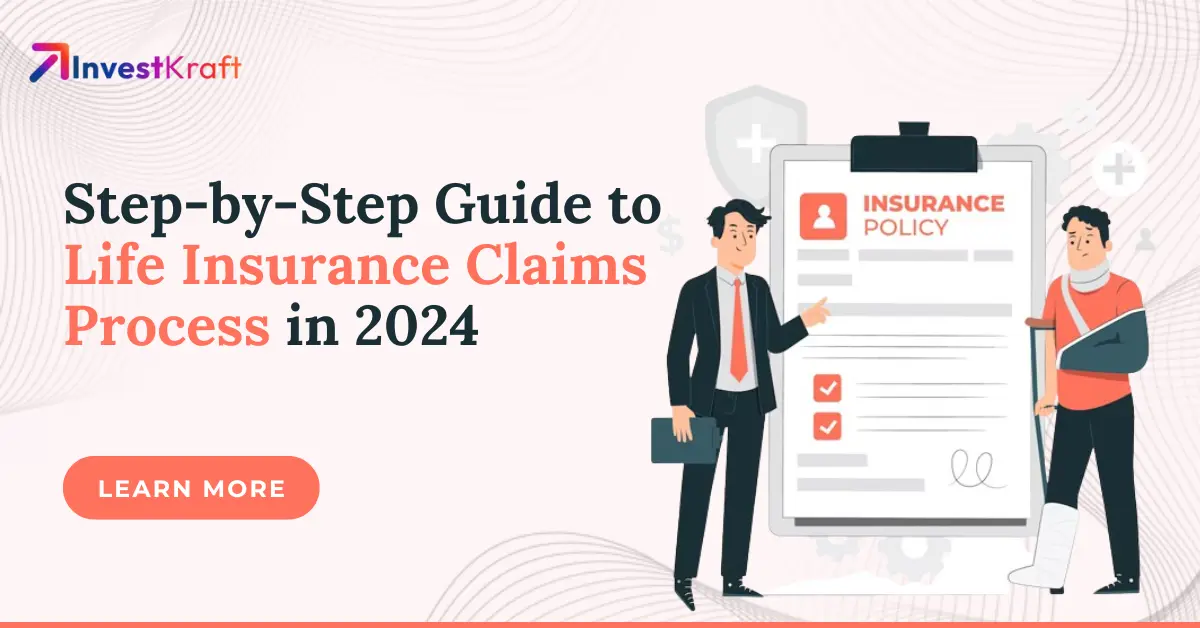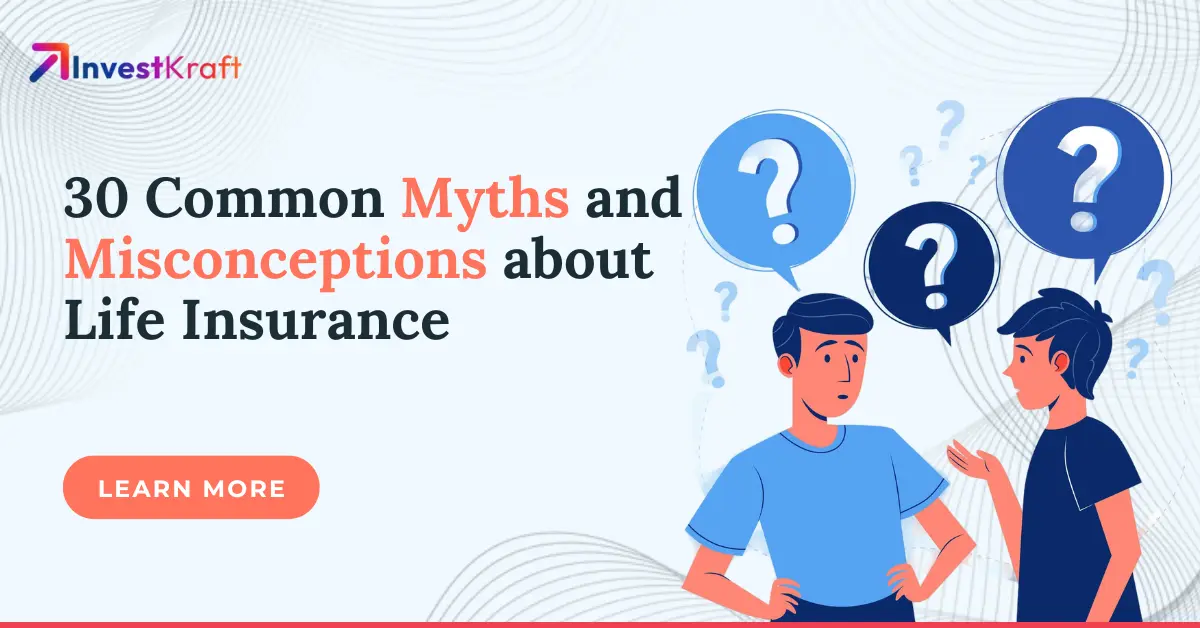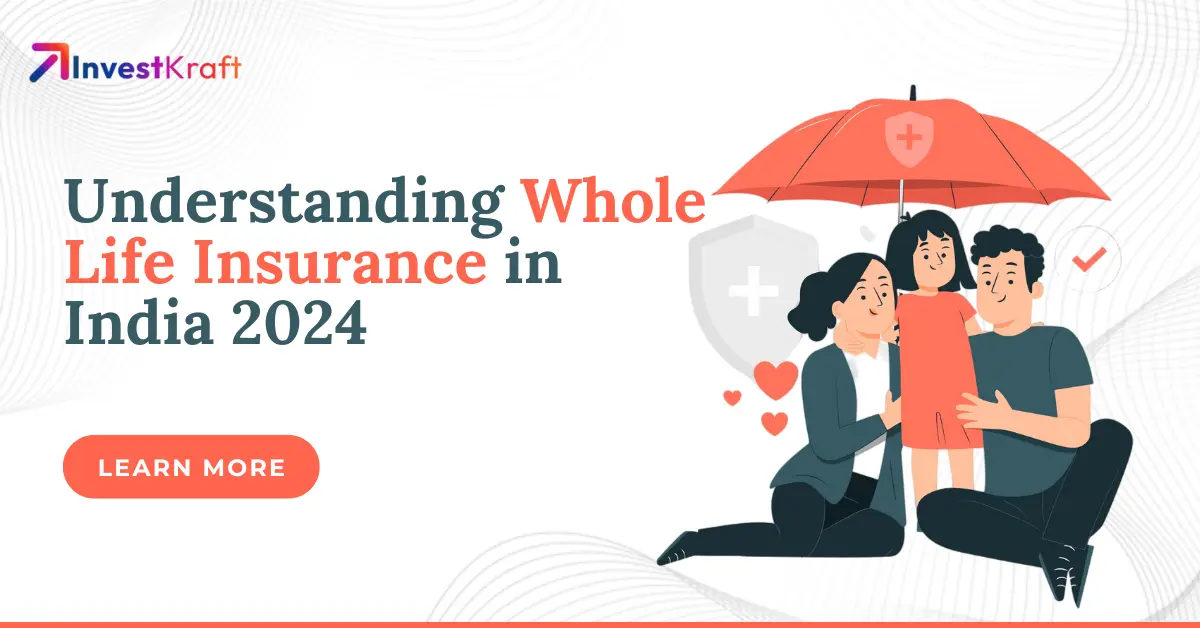Why Millennials Should Consider Life Insurance Early On?

Investing in life insurance early on offers a safety net, protecting loved ones from financial hardships in case of unforeseen events. Millennials can benefit from policies like term life insurance or whole life insurance, considering factors such as income, lifestyle and dependents when determining the coverage needed. Many insurers offer policies for individuals with pre-existing conditions, alleviating health concerns. Exploring life insurance quotes and understanding the application process online simplifies the task. By taking proactive steps, millennials can secure their families’ financial well-being and enjoy peace of mind.
Which Financial Problems Do Millenials Face?
Managing money is challenging for millennials. Saving, investing and planning for the future are all important aspects of money management that are widely discussed in various forums. It is crucial to find effective strategies for handling money to achieve financial stability.
- High student loans can burden graduates as they have to pay huge amounts of money after completing their studies. These loans can range in lakhs and crores of rupees with high interest rates. This results in a monthly EMI of 40,000 to 50,000 rupees, which can be challenging for millennials starting their careers.
- High rents in tier 1 and tier 2 cities affect millennials and can consume a large portion of their salaries, particularly when combined with education loans. This makes finding a good and affordable place to live challenging.
- Millennials stress about saving for retirement, aiming for early retirement and considering the impact of inflation on their savings.
- Many millennials have long-term debt, often due to a desire for a certain lifestyle.
- The emergency fund reflects the attitude towards savings. Many millennials spend all their money without saving, causing major stress during major unexpected events. Setting aside 5 to 10% of the monthly income is advised for emergency funds.
- Millennials often spend all their earnings and don't save, leading to financial struggles when unexpected expenses arise.
- Many millennials think they can handle their own finances but usually, they can’t. A financial advisor can help people make good investments and reach their goals. This is especially important for those who are not experts or do not have the time to plan their finances.
What are the Benefits of Purchasing Life Insurance Early in Your Life?
Many people view life insurance as something to think about later in life, once they are older. Younger investors typically prefer riskier investment choices with the potential for higher returns, such as stocks and commodities. Even more conservative younger individuals may choose safer investments like fixed deposits or debt mutual funds. Insurance is often overlooked in favour of investment options that offer faster financial gains.
Investing in life insurance early is crucial for retirement due to its numerous benefits. Understanding the advantages of purchasing a life insurance plan at a young age is essential. Therefore, it is advisable to consider the long-term advantages of early investment in life insurance.
- Lower Premiums: Purchasing life insurance at a younger age reduces the risk for the insurance company, leading to lower premiums that stay affordable as you age. Locking in lower premiums early on can provide long-term cost savings and financial security.
- Longer Coverage Term: Purchasing life insurance at a young age offers the advantage of securing coverage for a longer period, typically 20 or 30 years. This extended coverage duration ensures that your family is financially protected for an extended period, providing peace of mind and security for the future.
- Ability to Increase Coverage: Buying life insurance early allows you to easily add riders and increase your coverage as your needs change, which can be more challenging to do if you wait until later in life.
- Tax Advantages: Starting a life insurance policy at a younger age can help you maximize tax benefits over the long term, as the premiums paid are eligible for tax deductions under Section 80C of the Indian Income Tax Act. This means that you can enjoy tax advantages while securing the financial future for yourself and your loved ones. It is a smart financial move that provides both protection and potential tax savings.
- Protecting Your Family's Financial Future: Having life insurance coverage when you are young and have young dependents is essential for protecting your family’s financial future in case of an unexpected event. It can provide crucial financial protection for your loved ones and ensure that they are taken care of. By investing in life insurance early on, you can secure peace of mind and safeguard your family’s financial stability.
- Time for Investments to Grow: Investing in life insurance early allows your money to grow through compounding, resulting in a larger corpus at maturity. The longer the time frame, the greater the potential for your investments to grow. Starting early can lead to a more substantial financial benefit in the long run.
- Easier Approval Process: The approval process for life insurance is simpler when applying at a younger age due to better health and lower risk. This is in contrast to later in life when potential health issues can complicate approval.
- Flexibility to Increase Coverage: Starting a policy early allows for flexibility to adjust coverage as life changes, such as getting married, having children or taking on a mortgage, making it easier to meet evolving needs. On the other hand, it becomes significantly more challenging to enhance your coverage if you opt for life insurance later on.
- Ability to Customize: Buying life insurance when you're young allows you to customize your policy with various riders that provide additional benefits like critical illness cover, accidental death benefit, and waiver of premium. Adding these riders becomes more difficult and expensive as you get older.
- Guaranteed Insurability: Some life insurance policies come with a guaranteed insurability rider, which lets you increase your coverage at key life events such as marriage or childbirth without needing to provide more health information. This can be a valuable option for those who anticipate major life changes and want to ensure their insurance coverage aligns with their evolving needs.
- Retirement Planning: When it comes to retirement planning, it is essential to consider life insurance plans such as endowment and ULIPs. These plans not only provide insurance coverage but also offer investment opportunities. By initiating these plans early, you can take advantage of the power of compounding and allow your money to grow over time, leading to a substantial corpus at the time of policy maturity.
What Are Some Life Insurance Myths that Young People Should Evade?
There are several common myths that young people often believe about life insurance, which can cause them to delay getting unnecessary financial protection. However, it is important to debunk these misconceptions and understand the truth about life insurance.
Myth 1: Life Insurance is Only for Older People
Reality: Life is uncertain and can bring unexpected situations like accidents, illnesses or unforeseen events. These circumstances can happen to anyone, regardless of their age. It is advisable to obtain life insurance at an early stage as it offers the advantage of lower premiums and a wider range of coverage options.
Myth 2: I Don't Need Life Insurance if I'm Single and Healthy
Reality: Even without dependents, life insurance can provide financial protection for various purposes. It can help cover outstanding debts, including loans or mortgages, ensuring that these financial obligations do not burden your loved ones. Additionally, life insurance can be used to cover funeral expenses, relieving your family from the financial burden during an already challenging time. Lastly, having life insurance can create a financial cushion for unexpected life events, offering a sense of security and peace of mind.
Myth 3: My Employer's Insurance is Enough
Reality: Employer-provided life insurance may not be enough to secure your financial future. By getting a personal policy, you have more control and flexibility. This allows you to customize coverage based on your needs and ensures that you own the policy regardless of your employment status.
Myth 4: Life Insurance is Too Expensive
Reality: Life insurance can be surprisingly affordable for young and healthy individuals, making it a good time to consider purchasing a policy. Waiting to buy can lead to higher premiums later on, so it is important to take advantage of the lower rates while you can.
Myth 5: I Can Save Money Instead of Buying Life Insurance
Reality: Life insurance offers a secure payout to your loved ones in the event of your unexpected passing, which can provide peace of mind. Unlike savings, which can be affected by market ups and downs, life insurance offers reliable financial protection for your beneficiaries. It is vital to consider both savings and life insurance as important components of your financial plan.
Myth 6: I Can't Get Life Insurance with Pre-existing Conditions
Reality: Many insurers provide coverage for individuals with pre-existing conditions, although it may affect the cost and coverage. It is important to shop around and compare policies to find the best option that meets your needs. Despite the potential impact on premiums, there are still options available for individuals with health issues.
Myth 7: Term Life Insurance is the Only Option
Reality: Whole life insurance and universal life insurance can provide certain advantages, such as the ability to accumulate cash value over time. While term life insurance is commonly chosen, it is important to consider these alternative options to determine what best fits your needs and financial goals.
Further Reading: 30 Common Myths and Misconceptions about Life Insurance in 2025
How Do I Start My Life Insurance Journey?
Consider analyzing what features are most important to you and what level of coverage is necessary. Additionally, evaluate your budget and any specific circumstances that might influence your decision. After gathering, researching and comparing different policies to find the best fit. Finally, consult with an insurance agent to clarify any doubts and ensure you make an informed choice.
- Assess life insurance goals and plans accordingly. Consider term insurance for the family’s financial security, unit-linked insurance for education, house and retirement plan for post-retirement income.
- Consider debts, EMIs, children’s education/marriage and inflation. The main breadwinner’s absence may impact the family’s lifestyle. Advisers suggest 10 to 15 times annual income as life insurance.
- Find and compare premiums online for life insurance policies to determine the best deal based on coverage and affordability, taking into account your future earnings.
- Choose policy terms based on when your family will need financial support. Subtract your current age from the age you plan to stop working or reach a life goal.
- Choose a life insurance provider with a CSR of over 95%. Check the IRDAI website for updated CSR of different insurance providers in India. Read customer reviews and check claim service speed.
- Be honest with your life insurance company about your tobacco and alcohol use, hazardous work, existing illnesses and family history of critical ailments to void claim rejection. Providing accurate information to the insurer is important.
- Read the policy document thoroughly to understand the terms and conditions before committing. Consider the lock-in period and the conditions for a valid claim.
- Buy life insurance early to save on premiums. Start with lower coverage and add more as income increases.
- Choose a comprehensive plan with appropriate riders for medical contingencies affecting your income.
- Always choose an insurer with benefits and no hidden fees.
- Assess the life insurance needs regularly as financial goals may change and life events like marriage or childbirth. Review and adjust cover periodically to account for inflation.
Conclusion
Despite facing challenges such as high living costs and student loans, millennials should not overlook the importance of life insurance. Investing in a policy early can lead to lower premiums and longer coverage terms, as well as potential savings. By dispelling myths and understanding available options, millennials can make informed decisions to protect their families’ financial well-being. Comparing quotes, planning carefully and considering factors like coverage amount and provider reputation can help young individuals establish a strong financial foundation and achieve peace of mind.
Frequently Asked Questions (FAQs)
Q1: Is life insurance even necessary for millennials?
A: Life insurance is a vital tool for providing financial security to your loved ones in the event of your untimely passing. It is not just about covering outstanding debts or mortgages, but also ensuring that future education costs for your children are taken care of. Regardless of your age or health, having life insurance offers peace of mind in the face of life’s uncertainties.
Q2: I'm single and don't have dependents. Do I still need life insurance?
A: Life insurance is valuable even if you do not have dependents. It can cover funeral expenses, relieving your family of the financial burden. Some policies also have a cash value feature that can be useful for emergencies or financial aspirations in the future.
Q3: I'm not sure what type of life insurance to choose. There are so many options!
A: Term life insurance is designed to provide coverage for a specified timeframe, such as 10, 20 or 30 years. It only pays out a death benefit if the insured individual passes away during that term. On the other hand, whole life insurance offers coverage for the entire lifetime and accumulates cash value over time. When deciding between these options, it is essential to consider your specific requirements and financial situation.
Q4: How can I afford life insurance on a millennial budget?
A: Various insurers provide affordable term life insurance plans for young adults. You might want to explore decreasing term policies, as they can offer lower premiums as your responsibilities decrease with time.
Q5: Should I get life insurance before or after marriage?
A: Life insurance is not mandatory before marriage but it can be beneficial for providing financial protection to your partner in unforeseen circumstances. Keep in mind that your insurance requirements might shift after getting married and starting a family.
Q6: What is the difference between joint life insurance and first-to-die insurance?
A: Joint life insurance offers coverage for two individuals under one policy, providing a death benefit upon the passing of the first insured. On the other hand, first-to-die insurance also covers two individuals but pays out the death benefit when either one passes away. These options serve as a way to provide financial protection for couples or business partners in the event of a tragic loss.
Q7: Are there life insurance options specifically designed for the gig economy?
A: Some insurers have created specialized life insurance plans for gig workers to accommodate their specific requirements. These plans offer flexible coverage options that are tailored to the unique nature of the gig economy.
Q8: Can I name my ex-spouse as a beneficiary on my life insurance policy?
A: It is possible to name your ex-spouse as a beneficiary, but it is usually recommended to change the beneficiary to safeguard your assets and ensure that the funds are distributed according to your wishes.

Author: Abhik Das
Abhik Das is a versatile content writer with over 5 years of experience crafting engaging and informative content across diverse industries. His expertise spans the fields of ed-tech, pharmaceuticals, organic food, travel, sports, and finance.
Here's what sets Abhik apart:
Content Versatility: Able to adapt writing style and tone to suit various audiences and content needs.
SEO Proficiency: Creates content optimized for search engines, ensuring discoverability and organic traffic.
Deep Research: Conducts thorough research to ensure content accuracy and credibility across complex topics.
Engaging Storytelling: Captures reader interest with clear, concise, and compelling writing.
Abhik's diverse background empowers him to deliver insightful content across a wide range of subjects. Whether you're seeking engaging explainer pieces on the latest financial trends, informative guides to organic food choices, or captivating travelogues, Abhik has the expertise to craft content that resonates with your audience.








